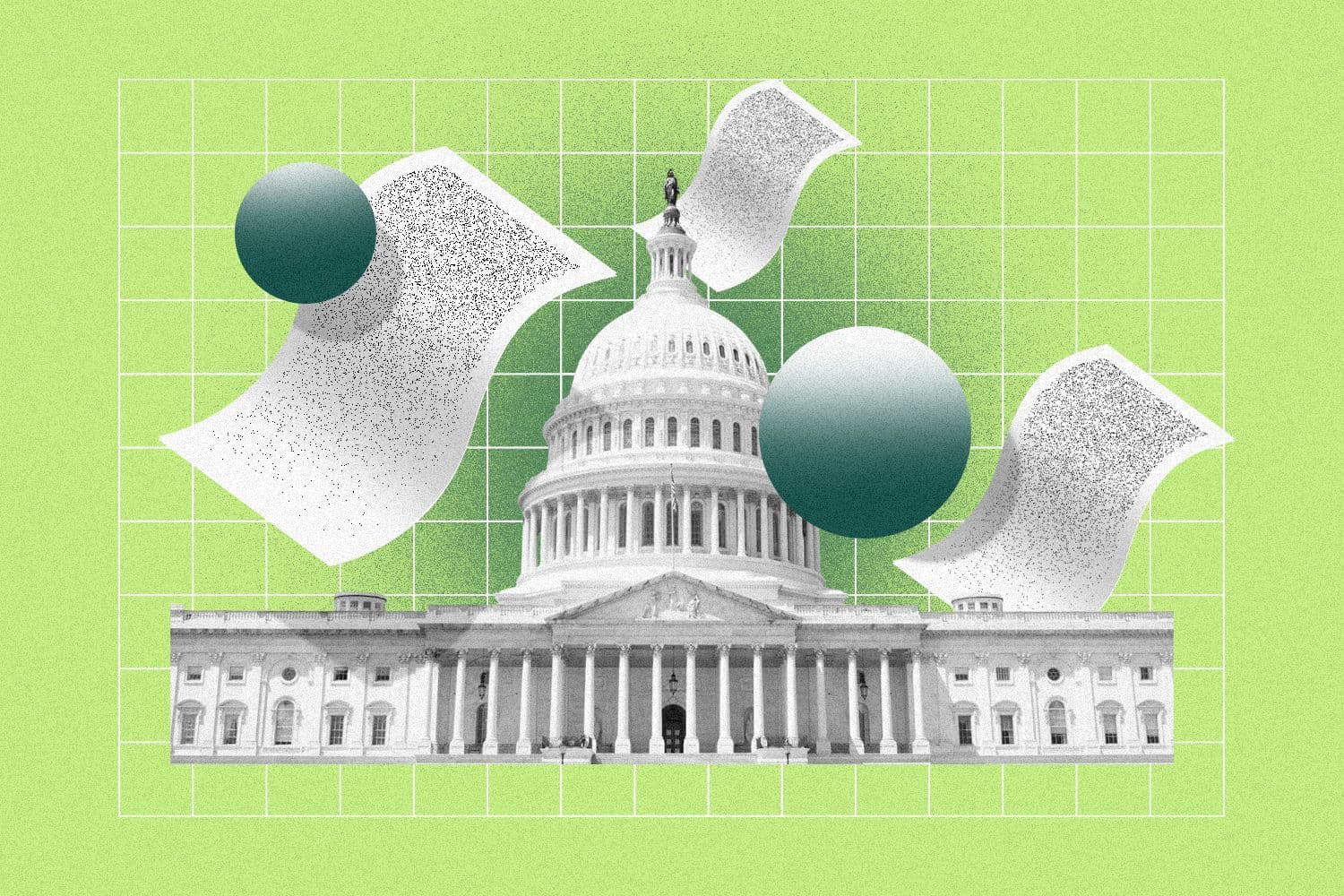Legislative lowdown: New York State extends protections for freelancers
Under the law, employers using freelancers must provide a written contract, as well as full payment within 30 days, unless a different time frame is specified.

Francis Scialabba
• less than 3 min read
Courtney Vinopal is a senior reporter for HR Brew covering total rewards and compliance.
New York Governor Kathy Hochul signed the Freelance Isn’t Free Act into law on Nov. 22, extending certain protections to freelancers throughout the state.
The law, which will take effect in May 2024, applies to freelancers who are being paid at least $800 for their services over a 120-day period. It excludes certain contractors, including those in the construction industry as well as licensed medical professionals.
Employers using freelancers based in New York State must provide the worker a written contract, either physically or electronically, under the terms of the new law. It must include the following information:
- The name and mailing addresses of both the employer and freelancer;
- An itemization of all services the freelancer will provide and the value of those services, as well as the rate and method of compensation;
- The date on which the employer must pay the freelancer what they’re owed, “or the mechanism by which such date will be determined”;
- The deadline by which a freelancer must submit a list of services they performed.
The New York Department of Labor will provide examples of contracts that can be used by freelancers or employers to comply with the law, Gov. Hochul’s office said.
An employer must pay the freelancer within 30 days after their services are completed, unless a different time frame is specified in the contract.
Hiring parties are forbidden from taking action to penalize freelancers for exercising rights guaranteed by the law, in the form of threats, intimidation, harassment, or the denial of work opportunities. Freelancers may file complaints with the state if they believe their rights are being violated.
Law builds on NYC legislation. The law is similar to legislation passed in 2017 guaranteeing a written contract, timely payment, and protection from retaliation to New York City freelancers.
Illinois Governor J.B. Pritzker signed a Freelance Worker Protection Act into law this August. It similarly requires employers using freelancers in the state to draw up a written contract, as well as pay workers within 30 days of when they provide their products or services.
Quick-to-read HR news & insights
From recruiting and retention to company culture and the latest in HR tech, HR Brew delivers up-to-date industry news and tips to help HR pros stay nimble in today’s fast-changing business environment.
Quick-to-read HR news & insights
From recruiting and retention to company culture and the latest in HR tech, HR Brew delivers up-to-date industry news and tips to help HR pros stay nimble in today’s fast-changing business environment.